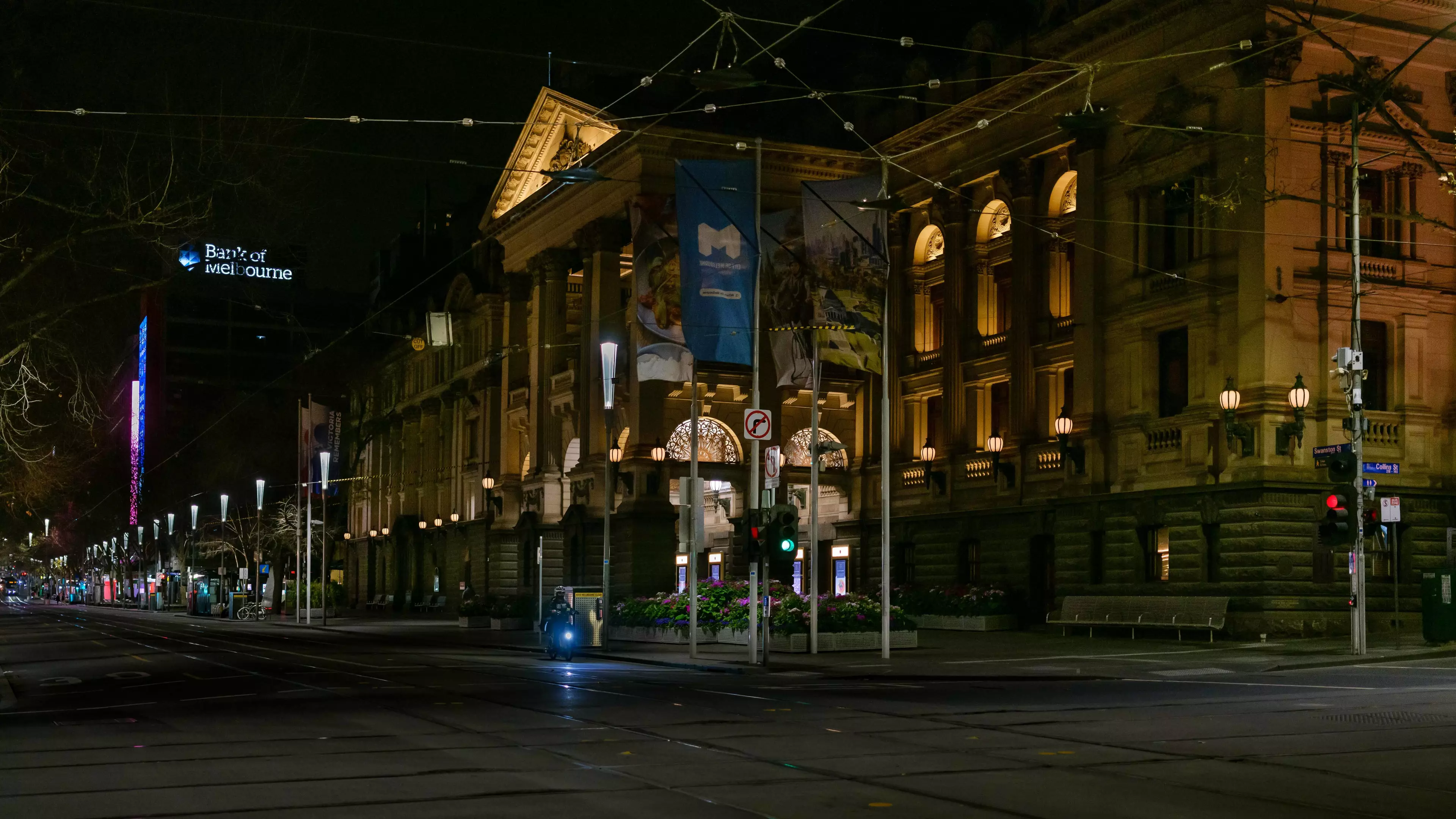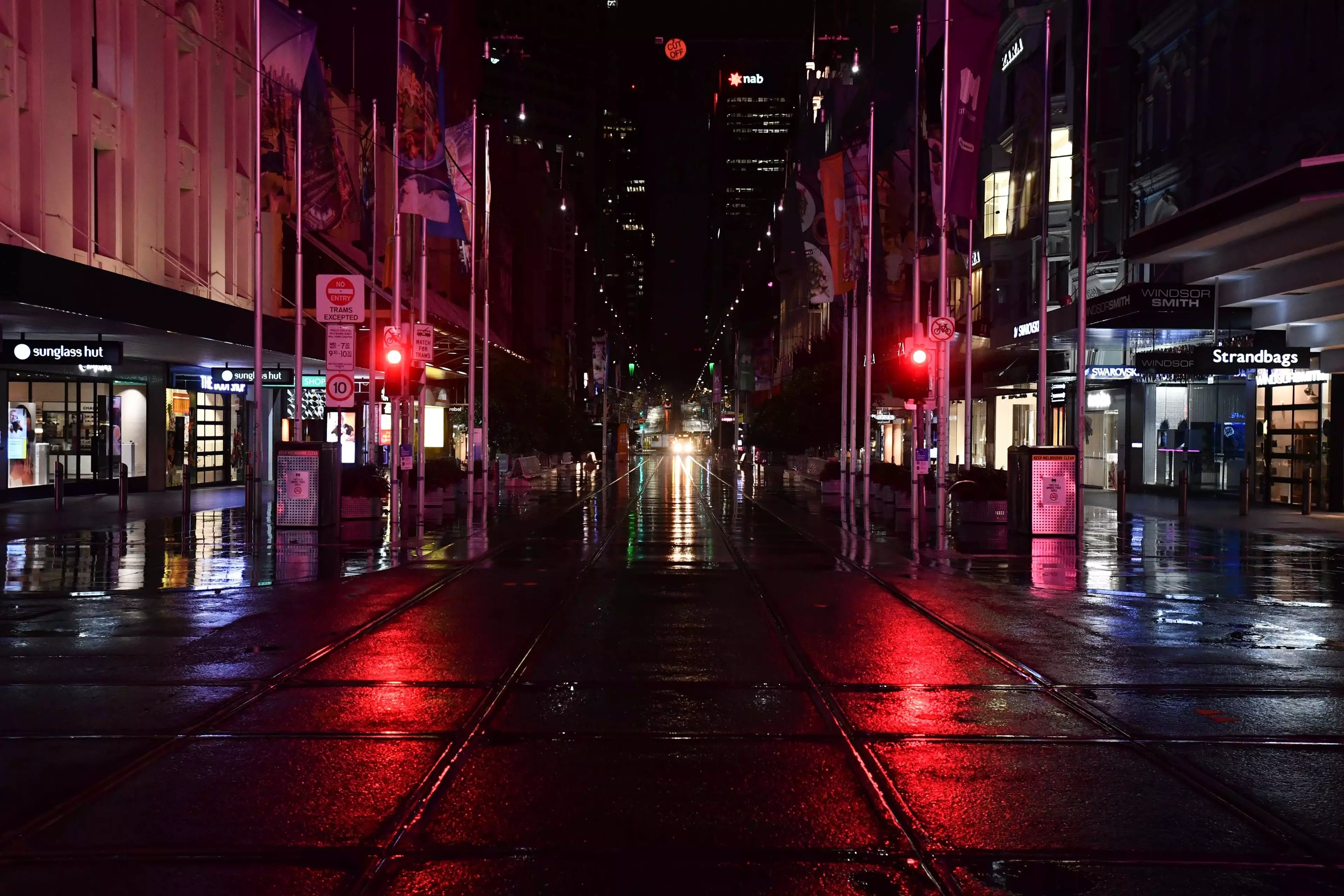
A lawsuit that tried to claim Melbourne's nighttime curfew during the second wave was illegal has been rejected by the Supreme Court.
Michelle Loielo, a restaurateur and an aspiring Liberal Party MP, submitted the legal challenge in mid-September after being fed up with having to stay indoors between 8pm and 5am.
The rule was introduced on August 2 to prevent people from illegally gathering at night as the state grappled with thousands of new infections.
Advert
But Ms Loielo believed the curfew was 'unreasonable, disproportionate and violated the human rights of millions of Victorians' and set out to have the rule challenged.

After careful consideration, Supreme Court judge Tim Ginnane found the lawsuit failed on three grounds: that former deputy public health commander Michelle Giles acted at the behest of Premier Daniel Andrews when she extended the curfew, that it was unreasonable or disproportionate and that her human rights were unlawfully restricted by the policy.
Justice Ginnane agreed that the curfew was a big restriction on people's way of life, but ultimately it didn't violate anyone's human rights.
Advert
He said: "[Ms] Giles received legal advice that there was a risk that the curfew was not compatible with the [Victorian Charter of Human Rights], although on balance, no such incompatibility existed. I accept her evidence that she did consider the effects of the curfew on human rights applying her four step analysis.
"I'm also convinced that Ms Giles gave human rights real consideration. I am persuaded that [Ms] Giles took the need to make an independent decision seriously and did in fact make such a decision.
"While the curfew had apparently proved controversial, Ms Loielo's case is more difficult to accept because it contends that [Ms] Giles failed to form an independent decision in respect of only one of the many parts of the Directions. That is logically a difficult submission to accept."
Ms Giles told the Supreme Court that the decision to introduce the curfew was for health reasons. That goes against the Andrews government's reason when it was first launched, which was to enforce coronavirus restrictions.
Advert
While the court ruled in favour of the curfew, it did question whether Ms Giles was the appropriate person to make that call.
"There can be a legitimate debate as to whether a public servant, who's not the Minister, the department secretary or the Chief Health Officer should be exercising emergency executive powers that can close down the state," Justice Ginnane said.
Featured Image Credit: PA